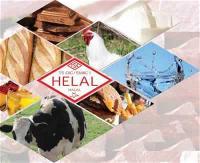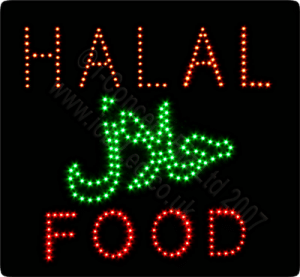World Bulletin/News Desk
 The Turkish Standards Institution (TSE) announced on Sunday plans to begin issuing halal food certificates in Europe to address growing demands by Muslim-Turkish consumers in Europe.
The Turkish Standards Institution (TSE) announced on Sunday plans to begin issuing halal food certificates in Europe to address growing demands by Muslim-Turkish consumers in Europe.
TSE executives said during the 2nd European Halal Conference in Cologne they will soon begin accepting applications in Germany, home to nearly five million Muslims mostly of Turkish origin.
TSE has completed more than 200 applications in Turkey so far and issued 205 halal food and beverage certificates. These certificates take the general standards developed by the Standards and Metrology Institute for Islamic Countries (SMIIC) as a reference.
Director of TSE’s Product Certification Center Dogan Yazar said the institute has been carrying out very sensitive research during the evaluation of certificate applications and stressed that Islamic experts participated in the process from beginning to end.
Yazar explained that their experts focused on the technical details while Turkish Directorate of Religious Affairs experts addressed the religious matters.
“Religious Affairs has the last word in our final decision,” Yazar stressed. “Even if the application passes all the technical research and tests but experts from Religious Affairs have even the slightest suspicion on any data, we will not issue a certificate for the application.”
TSE will be cooperating with the Cologne-based Turkish-Islamic Union for Religious Affairs (D?T?B), one of the largest Islamic organizations in Germany, which is in close cooperation with the Turkish Directorate of Religious Affairs.
On Sunday TSE started giving seminars to D?T?B members who will evaluate halal food and beverage applications in Germany. TSE’s partner in receiving applications in Germany will be TSplus.
The growing halal food and beverage market in Germany is estimated to have an annual value of five billion euros. Around 400 firms in Germany are producing halal foods and beverages, and the number of halal products in the market has reached four thousand throughout Europe.
Halal food certificates created confusion among Muslim and Turkish consumers in the past due to the lack of unified standards and the different halal food certificates issued by various unrecognized organizations.



